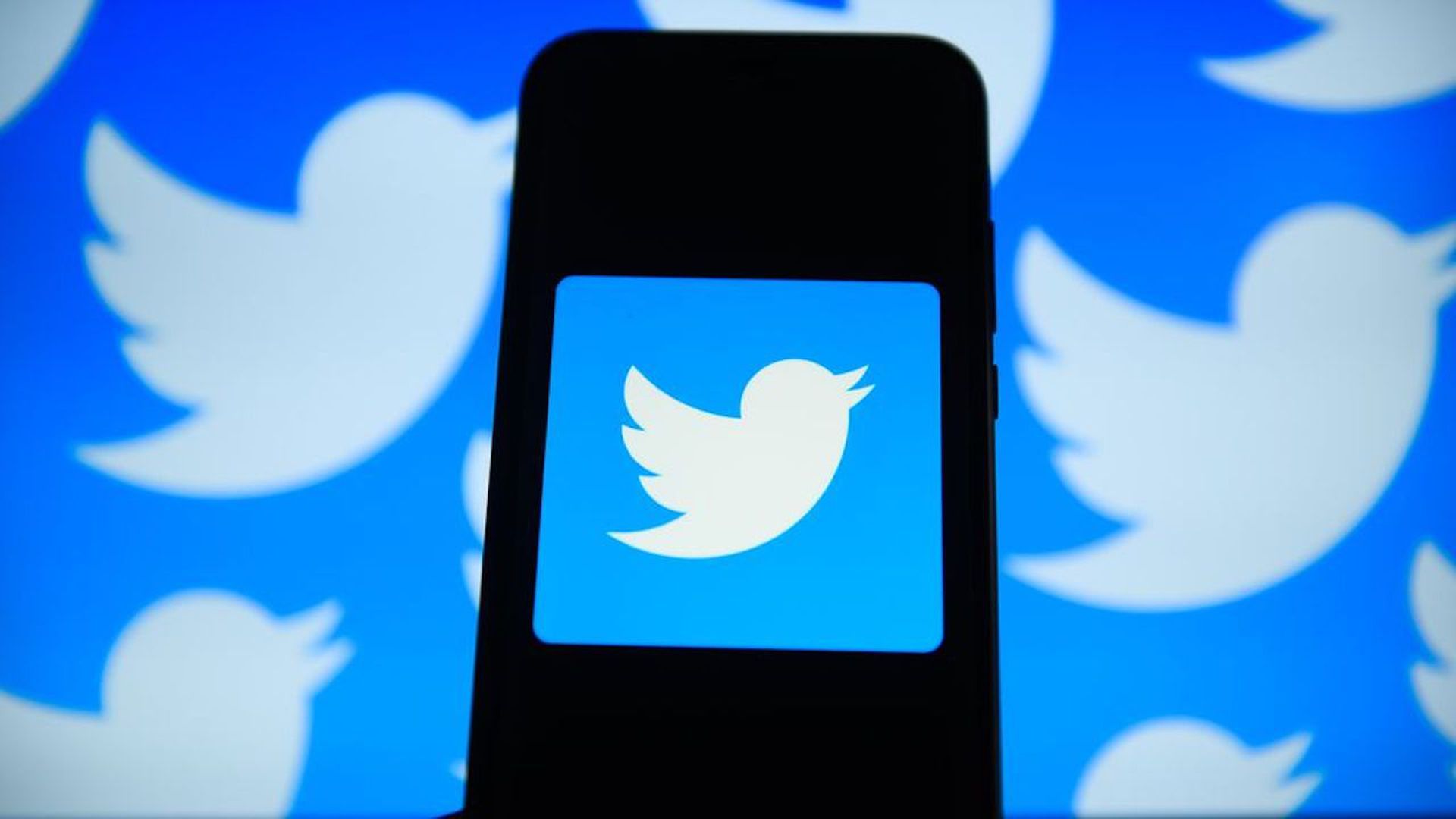Twitter to stop accepting all political ads on the platform globally
Add Axios as your preferred source to
see more of our stories on Google.

Photo: Omar Marques/SOPA Images/LightRocket via Getty Images
Twitter CEO Jack Dorsey said Wednesday in a series of tweets that the tech giant will no longer accept political or advocacy advertising of any kind on its platform.
Why it matters: Tech companies have come under fire as of late for policies around how they police political ads. Facebook, most notably, has been criticized for saying that the company would not fact-check ads from political candidates or politicians.
Details: According to Dorsey, more specifics about the policy will be published by Twitter on Nov. 15. The policy will go into effect on Nov. 22.
Between the lines: In his tweets, Dorsey said the reasoning for the policy change is in part because Twitter acknowledges that a tech platform's unique ability to distribute ads in a highly targeted manner, and with easily tested and customizable messaging, is different than the advertising opportunity on broadcast TV — where networks are required by law to run ads from all political candidates, regardless of whether they lie in those ads.
- "While internet advertising is incredibly powerful and very effective for commercial advertisers, that power brings significant risks to politics, where it can be used to influence votes to affect the lives of millions," Dorsey writes.
- "A political message earns reach when people decide to follow an account or retweet. Paying for reach removes that decision, forcing highly optimized and targeted political messages on people," he adds. "We believe this decision should not be compromised by money."
Be smart: This is notable because Facebook has recently doubled down on its message that running ads that contain untruths from politicians on its platform is akin to running them on broadcast.
- Facebook's Chief Operating Officer Sheryl Sandberg has also argued that the company accepts political ads because it wants to elevate free speech on its platform.
The big picture: As Axios has previously noted, absent strict government regulation of political ads across all media, the decision over how to manage those ads has been left to businesses. And while most firms have faced this dilemma for years, the hyper-political environment leading up to 2020 is shining a stronger spotlight on their decisions.
Our thought bubble: This is a big step for Twitter, and it may put pressure on other tech firms to follow suit.
- Twitter has been careful to position itself as an antidote to Facebook when it comes to news and ads over the past week.
- Last week, Dorsey hosted a #TwitterNewsSummit and said a publisher revenue-split is probably more sustainable for now than paying publishers — a direct jab at Facebook's new "News Tab," which will be spending millions to pay a collection of publishers.
- Dorsey refused to say that Twitter "wasn't" a media company. He acknowledged that the company has used journalists to curate its "Moments" tab for a while.
- He said of the news industry: “The thing I always respected about the Internet is that it’s slow, steady and deliberate, principled. It is not, move fast and break things.”
- He noted that when you take away money from publishers "it can be very destructive" for them.
- He added the policy conversation today "doesn’t have a distinction between paid and earned reach."
What they're saying:
“Twitter just walked away from hundreds of millions of dollars of potential revenue, a very dumb decision for their stockholders. Will Twitter also be stopping ads from biased liberal media outlets who will now run unchecked as they buy obvious political content meant to attack Republicans? This is yet another attempt to silence conservatives, since Twitter knows President Trump has the most sophisticated online program ever known.”— Brad Parscale, Trump 2020 campaign manager
Go deeper: Political ads become 2020 flashpoint
